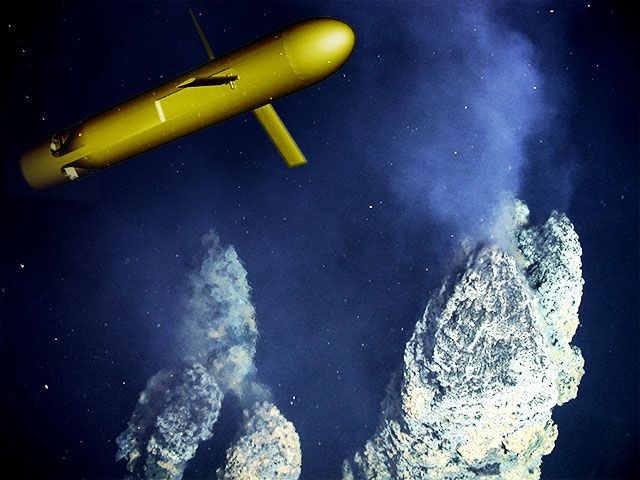Hector Muñoz-Avila received a grant from the Office of Naval Research (ONR) on “Adaptive Goal-Driven Autonomous Agents.” This is a joint project with Wright State University, with Lehigh serving as the prime contractor. The total award is $950K.
The research centers around Goal Driven Autonomy (GDA), a method for solving problems driven by what is known as “goal reasoning.” This method involves physical or virtual entities, called autonomous agents, that are equipped with cognitive capabilities that enable them to self-reflect about the tasks they are performing and make changes accordingly.
The agents, aware of their goals, generate and carry out plans to achieve them while monitoring their performance. GDA directs the focus of the activities, allowing the agents to become more self-sufficient.
In particular, the research will investigate novel AI and machine learning techniques to make these agents adaptive and capable of operating robustly in complex and uncertain environments.
An example of the necessity for GDA is with Unmanned Underwater Vehicles (UUVs), which need to operate by themselves for extended periods of time. “The vehicle must be capable of self-adapting to changes in the environment that were not foreseen by the vehicle’s developers,” explained Muñoz-Avila.
Such environmental changes can include underwater obstacles, communication problems, turbulent water, or hydrothermal vents. Any of these changes can affect either the UUV’s sensors, propulsion mechanisms or both.
“A lack of adaptability can lead to a catastrophic failure that may result in a total loss of the vehicle,” continued Muñoz-Avila. “So the UUV must reliably self-diagnose and take actions to adjust accordingly.”
In the case of a UUV, the agent will first try to assess the nature of the discrepancy between the vehicle’s expectations and the events it is currently observing. After this assessment, the UUV will undertake controlled actions that may include actuation changes such as reducing its speed or changing its direction.
“Autonomy is becoming more prevalent in society, and include not only physical agents like UUVs and robotic platforms, but virtual agents like automated trading agents,” explained Muñoz-Avila. “We need to increase the robustness in their capabilities to ensure these agents operate in a reliable and safe manner.”
Muñoz-Avila is a professor in the department of Computer Science and Engineering at Lehigh University. He is the recipient of a National Science Foundation (NSF) CAREER award, two paper awards and a Lehigh Class of 1961 Professorship. Muñoz-Avila has been chair for various international scientific meetings including the Sixth International Conference on Case-Based Reasoning (ICCBR-05) and the 25th Innovative Applications of AI Conference (IAAI-13). He served as program director for Robust Intelligence at the NSF where he managed the artificial intelligence (AI) and machine learning (ML) portfolios and he co-spearheaded efforts related to self-monitoring systems.
Muñoz-Avila earned a doctorate in computer science from the University of Kaiserslautern in Germany, a masters in computer science from Los Andes University in Colombia, and two bachelors, one in mathematics and one in computer science, both from Los Andes University.
-Story by Mary Anne Lynch '16G

